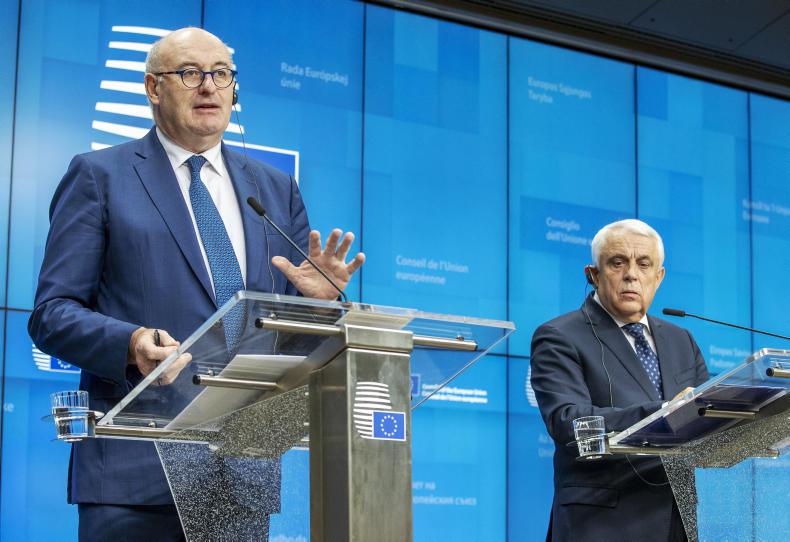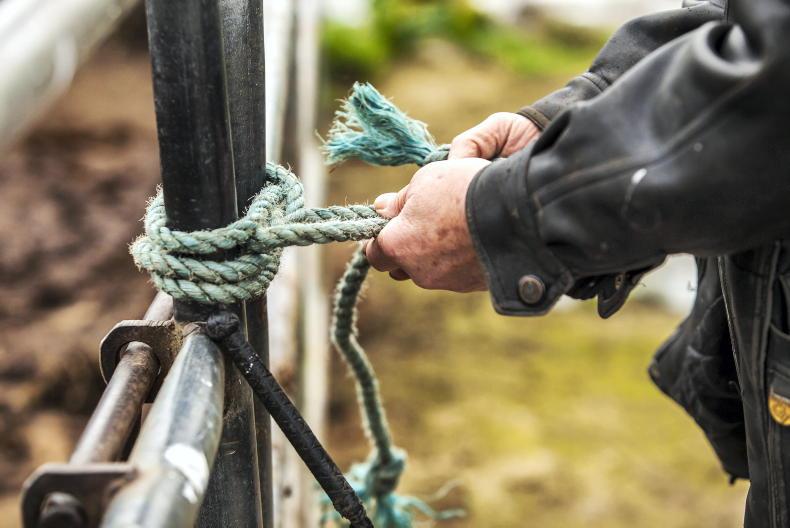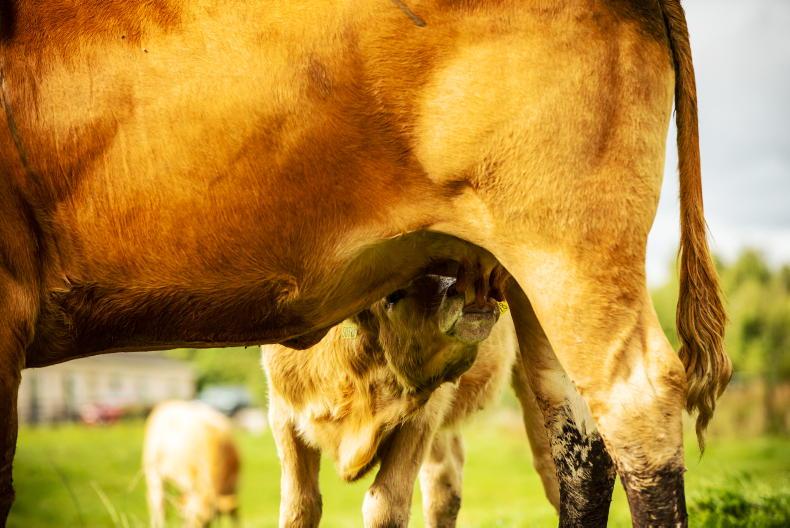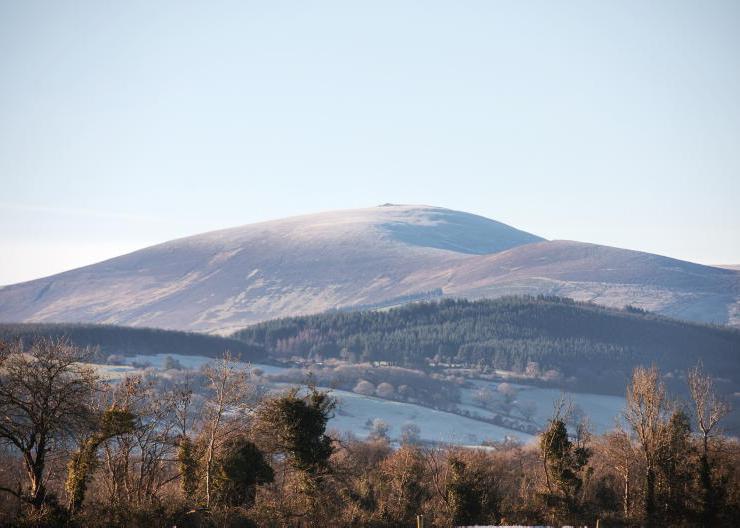Farmers must abide by new environmental rules, including on peatlands, nutrients and pesticides to receive their direct payments after 2020, according to proposals from European Commissioner for Agriculture and Rural Development Phil Hogan.
Protection of wetlands and peatlands will become a condition of direct payments because they store carbon linked to climate change.
One example Commissioner Hogan gave was an eco-scheme to maintain “climate-friendly farming on peatlands” with payments for “wet farming with no or minimal drainage”.
Eco-schemes will use funds taken from direct payments and all countries will have to offer them, but farmers will not be obliged to join.
Farmers will be required to use a new “Farm Sustainability Tool for Nutrients” when applying slurry and fertiliser.
Ploughing permanent grassland will be banned in Natura 2000 sites.
The EU’s directives on water quality and on sustainable pesticides use will also become conditions for BPS payments.
The three-crop rule and ecological focus areas will be replaced by more flexible rules on crop rotation and non-productive features.
The Commission plans to scrap EU-wide greening and cross-compliance rules, leaving each country to demonstrate environmental compliance.
According to the proposal, “member states may implement a given standard differently for different regions –
according to soil, climate,
land use, farming structures, etc.”
Commissioner Hogan presented the proposals to MEPs and EU agriculture ministers on Monday.
These are the first discussions on the green architecture of the CAP, while other issues, including the budget, remain unsolved.
Read more
Should farmers pay for a permanent EU crisis reserve?
‘CAP payments can’t be used to fund Sheikhs and oil barons’ – Healy
Design of new CAP schemes to start in a month
CAP schemes, education and forestry key for climate
Map: how soil carbon may shape the future of farming
Farmers must abide by new environmental rules, including on peatlands, nutrients and pesticides to receive their direct payments after 2020, according to proposals from European Commissioner for Agriculture and Rural Development Phil Hogan.
Protection of wetlands and peatlands will become a condition of direct payments because they store carbon linked to climate change.
One example Commissioner Hogan gave was an eco-scheme to maintain “climate-friendly farming on peatlands” with payments for “wet farming with no or minimal drainage”.
Eco-schemes will use funds taken from direct payments and all countries will have to offer them, but farmers will not be obliged to join.
Farmers will be required to use a new “Farm Sustainability Tool for Nutrients” when applying slurry and fertiliser.
Ploughing permanent grassland will be banned in Natura 2000 sites.
The EU’s directives on water quality and on sustainable pesticides use will also become conditions for BPS payments.
The three-crop rule and ecological focus areas will be replaced by more flexible rules on crop rotation and non-productive features.
The Commission plans to scrap EU-wide greening and cross-compliance rules, leaving each country to demonstrate environmental compliance.
According to the proposal, “member states may implement a given standard differently for different regions –
according to soil, climate,
land use, farming structures, etc.”
Commissioner Hogan presented the proposals to MEPs and EU agriculture ministers on Monday.
These are the first discussions on the green architecture of the CAP, while other issues, including the budget, remain unsolved.
Read more
Should farmers pay for a permanent EU crisis reserve?
‘CAP payments can’t be used to fund Sheikhs and oil barons’ – Healy
Design of new CAP schemes to start in a month
CAP schemes, education and forestry key for climate
Map: how soil carbon may shape the future of farming










SHARING OPTIONS